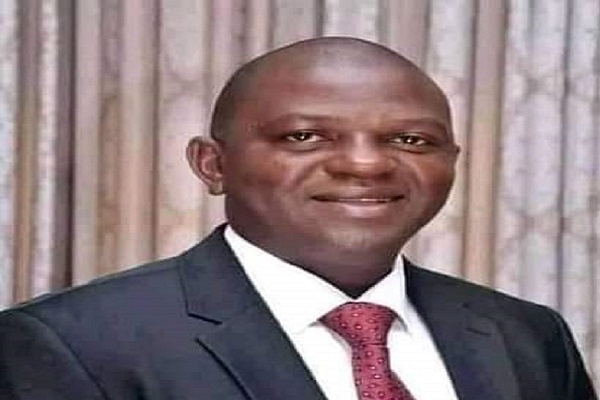
FG REVEALS PLAN TO STOP OPEN DEFECATION BY 2030
The Minister of Water Resources and Sanitation, Joseph Utsev, revealed on Friday that the Federal Government will unveil the Clean Nigeria Campaign Strategic Plan next Tuesday, aiming to accelerate progress towards the nationwide 2030 Open Defecation-Free target.
Speaking at a press briefing in Abuja ahead of the strategic plan’s launch and the commemoration of the 2024 World Toilet Day, themed “Toilets: A Place for Peace,” Utsev noted that only 135 Local Government Areas in the country had attained ODF status.
He explained that the Federal Government, through the Ministry of Water Resources and Sanitation, had implemented several initiatives to bridge gaps in basic sanitation services and actualise Sustainable Development Goal 6 (SDG 6) for water and sanitation in Nigeria.
Some of the initiatives include the development of a National Action Plan to revitalise the sector, partnership for Expanded Water, Sanitation and Hygiene programme; Sustainable Urban and Rural Water Supply; Sanitation and Hygiene programme; and the “Clean Nigeria: Use the Toilet” Campaign supported by the Presidential Executive Order 009 on ODF Nigeria by 2025, and among others.
The minister said, “The Strategic Plan for the Clean Nigeria Campaign is a comprehensive, actionable framework that outlines our path to a clean Nigeria where everyone will have reasonable access to a toilet by the year 2030. The importance of this campaign cannot be overemphasised because every step taken toward ending public education will improve health, boost productivity, and enhance the dignity and safety of our citizens.
READ ALSO:
IF GOD DIDN’T INTERVENE: $1 WILL BE N10,000 BY NOW’ – ADEBOYE
“Achieving this will definitely require active advocacy and engagement of relevant stakeholders to mobilise high-level political support that will drive the campaign, especially at the sub-national level.”
He said the theme for the 2024 WTD highlights toilets as a place of peace, protection, and progress, essential for public and environmental health.
WTD is celebrated annually on November 19 to inspire action to tackle the global sanitation crisis and help achieve SDG 6, which promises sanitation for all by 2030.
“The activities highlighted for this year’s celebration include the launch of the Clean Nigeria Campaign Strategic Plan by the Vice President, Kashim Shettima on November 19, 2024 at the State House in Abuja, a commemoration event by the Federal Ministry of Environment in collaboration with the Kano State Government on November 19, 2024.
“The celebration of ODF communities in Kwali Area Council by the Federal Capital Territory Administration in collaboration with partners, the launch of State’s ODF roadmap as a celebration of two ODF LGAs in Borno State, the decoration of the Wife of the Anambra State Governor and the Head of the Civil Service of the Federation as WASH ambassadors as a celebration of ODF LGAs, and the celebration of Ikenne as ODF LGA in Ogun state,” he noted.
The minister emphasised that the event will help to trigger the needed campaign commitment at the sub-national level that will mobilise stakeholders, relevant government institutions, private sector to supply sanitation facilities in homes and improve access towards facilities in working places.
He disclosed that about 11.58 million toilets have been built so far as an intervention for Nigeria to achieve ODF and efforts are still ongoing to provide more sanitation facilities.
“The “Clean Nigeria: Use the Toilet” campaign is an ambitious national movement, which requires States and LGAs to join in the move to end open defecation across Nigeria. Since the launch of the campaign in 2019, significant success has been recorded, as 135 LGAs have attained an ODF status.
“I am happy to state that more LGAs are currently undergoing a verification process in line with the National Protocol on ODF, while over 30,000 other communities were certified as ODF. Despite the achievements so far made, it still appears difficult to meet the campaign target for 2025, therefore, the need to identify and re- strategise the critical elements that will progressively increase the level of advocacy and awareness,” he added.
